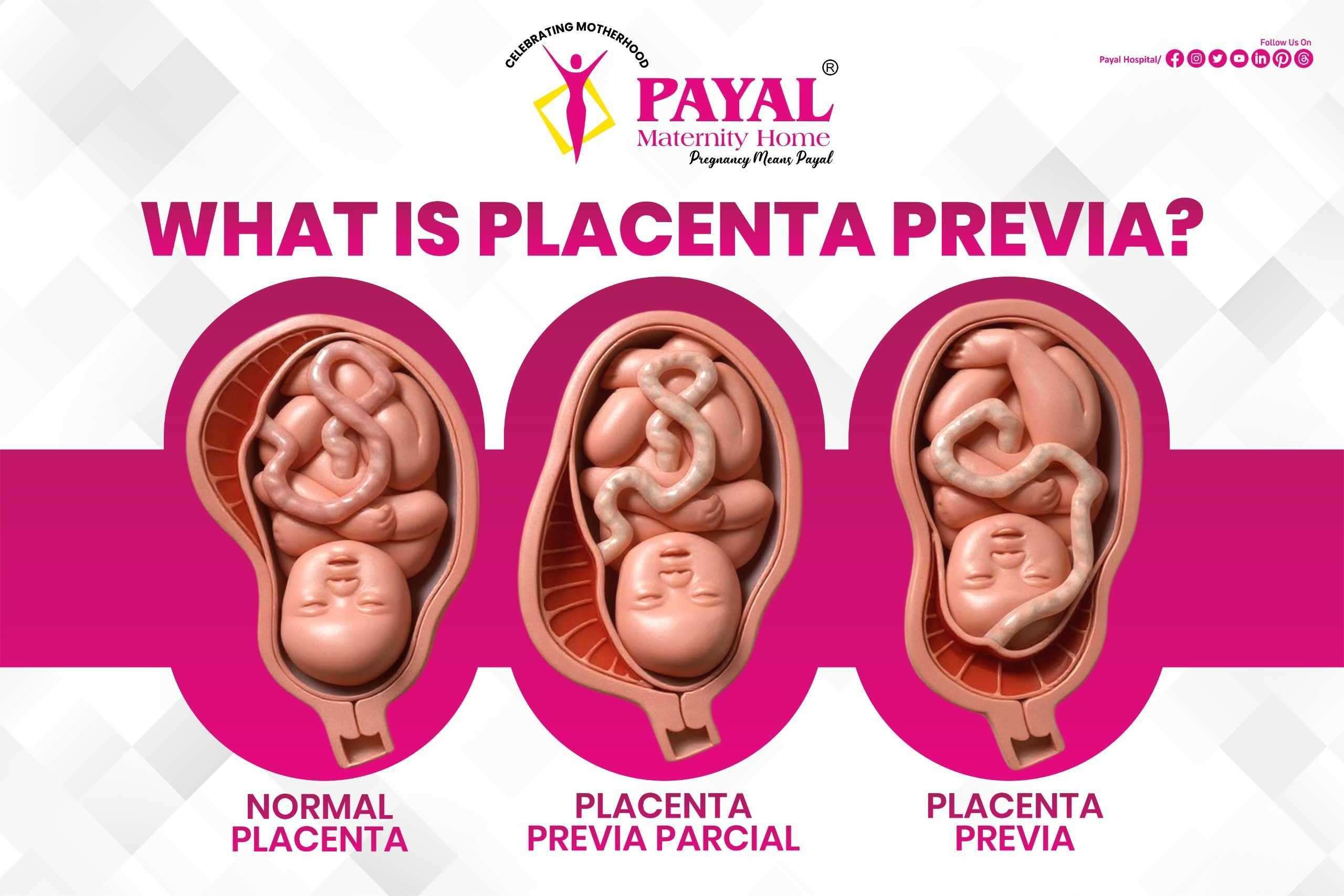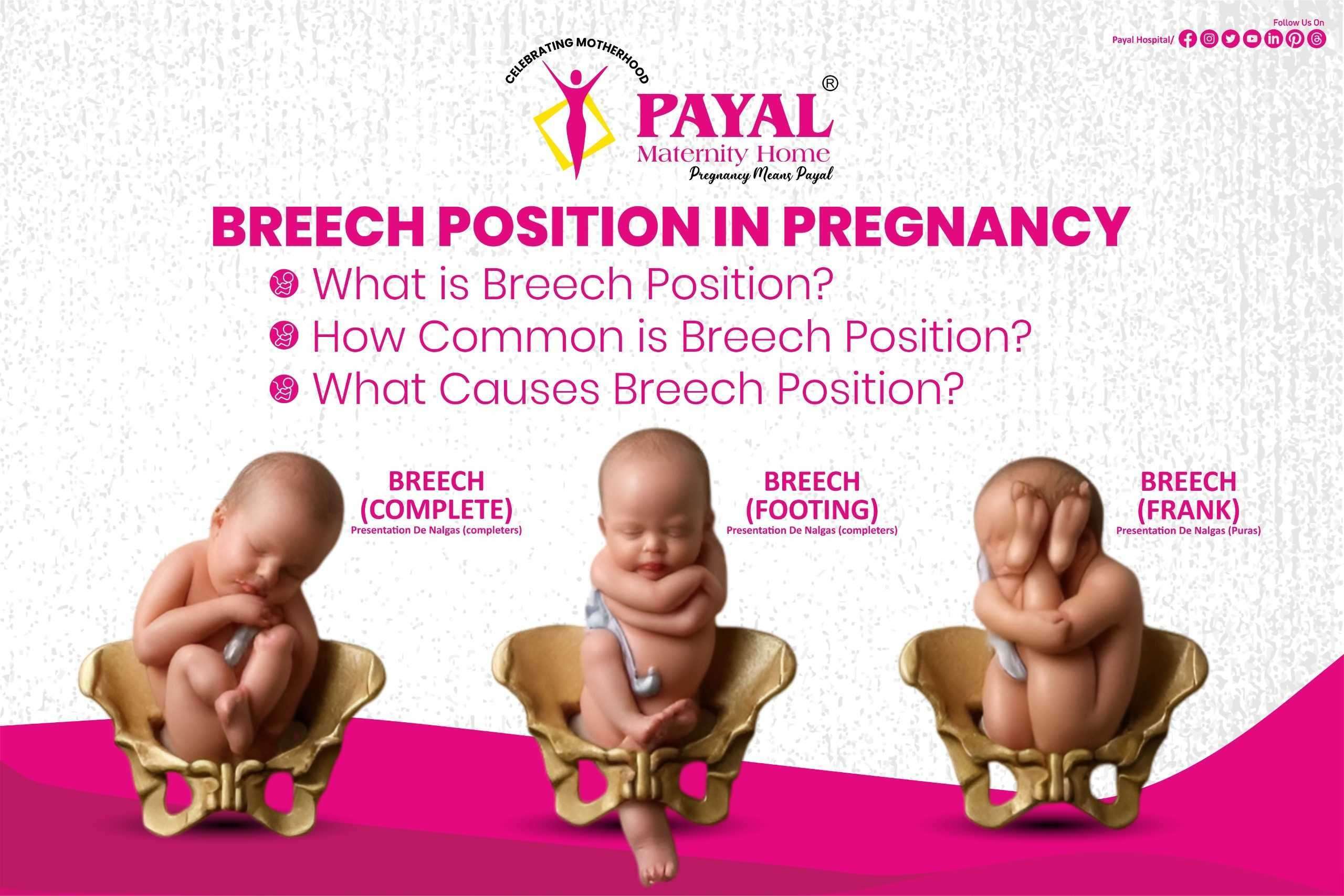For Appointment: Raiya Circle: 8905150606 8460044502 Mavdi: 7575887500 9924047400
Blood Sugar During Pregnancy – What Every Mom Should Know
“Congratulations—you’re pregnant!”
Those are the words every woman dreams of hearing. But for some, the excitement is mixed with concern, especially if their doctor mentions something like gestational diabetes or monitoring blood sugar levels.
So what does it really mean to have high or low blood sugar during pregnancy? Let’s break it down in a way that makes sense (and helps you feel empowered).
Pregnancy hormones can affect the way your body uses insulin—a hormone that helps move sugar (glucose) from your blood into your cells. When your body can’t keep up, blood sugar levels rise, leading to a condition called gestational diabetes mellitus (GDM).
Even if you’ve never had diabetes before, pregnancy can trigger temporary insulin resistance. That’s why many women are tested between 24 and 28 weeks of pregnancy.
If your body can’t properly manage glucose, excess sugar stays in your bloodstream. This can affect both you and your baby:
Increased risk of heavy birth weight (macrosomia)
Higher chance of C-section
Possibility of preterm birth
Low blood sugar in newborn right after delivery
Greater risk of developing type 2 diabetes later in life—for both mom and child
Glucose Tolerance Test (GTT): You drink a sugary drink, and your blood is tested at regular intervals.
Daily Checks: If diagnosed, you may need to test your sugar levels multiple times a day using a glucometer.
The good news? Most blood sugar issues during pregnancy can be managed with diet and lifestyle changes. Here’s what helps:
Eat Smart:
Focus on whole grains, lean proteins, and high-fiber vegetables
Avoid refined sugar, white bread, and overly processed snacks
Don’t skip meals—regular small and frequent meals help stabilize sugar levels
Stay Active:
A brisk 20–30 minute walk after meals can lower glucose naturally
Prenatal yoga or swimming are also great (but always consult your doctor first)
Medication if Needed:
If lifestyle changes aren’t enough, your doctor may prescribe insulin or other safe medications for pregnancy.
“If I have gestational diabetes, my pregnancy isn’t normal.”
False. You can still have a very healthy pregnancy with the right care.
“I’ll have diabetes for life.”
False. GDM usually disappears after childbirth, though you’ll need follow-up testing.
With proper care, your baby is likely to be healthy and full-term. However, babies born to mothers with unmanaged blood sugar may be at risk for:
Breathing problems
Jaundice
Low blood sugar (hypoglycemia)
That’s why regular monitoring is so important.
If you’ve been told you have blood sugar issues during pregnancy, don’t panic. It doesn’t mean you’ve failed—it just means your body needs a little support right now. With smart eating, gentle movement, and regular checkups, you can keep both you and your baby safe and thriving.

Learn how Garbh Sanskar supports baby’s brai...

Discover the scientific benefits of Garbh Sanskar ...

Learn what eclampsia is, how it differs from preec...

Learn why uterus pain occurs during early pregnanc...

Ovary pain during pregnancy can signal issues like...

Learn about placenta previa, its symptoms, causes,...

Payal Maternity Home Rajkot offers expert gynecolo...

Learn how many ultrasound scans are typically done...

Learn about breech positions in pregnancy, why the...

Ovary pain during pregnancy can signal issues like...